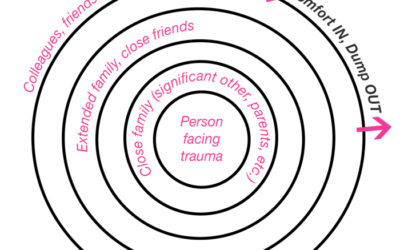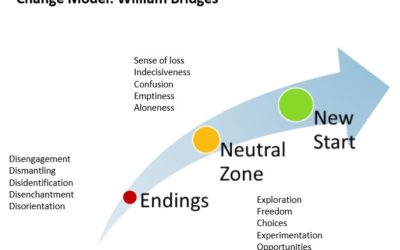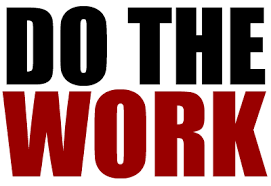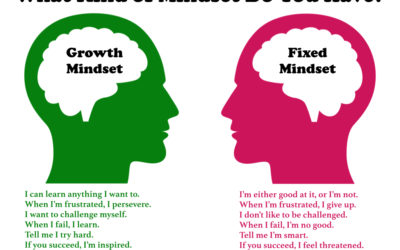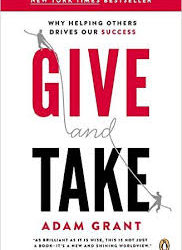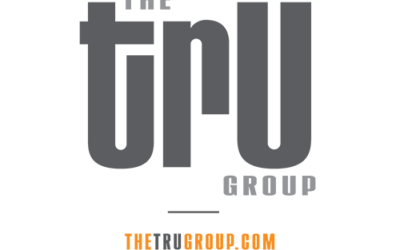How well do you manage change? More directly, how skilled are you at seeking the help of your peers, leaders, and key people when leading a team through a difficult change? Too often leaders treat Help like a four letter word, never to be uttered lest we be punished! Here is a lens to assist leaders in seeing their role in supporting in and dumping out, so that help becomes part of the process of change and healing.
Personal development
Leadership Wisdom 101: The Power of 2 or 3 or 10 (Part 3 of 3)
What is the impact of being a loner? What is the impact of feeling a part of a community? Data provides the answer, and the message is consistent and powerful for finding friends and building connections in our teams. Here is a sip of data, and 4 things every leader needs to do to drive towards the positive side of community, both personally and with the team they lead.
The Sweet Spot: How to find it for yourself
Seeing plants grow and watching people perform results in the same comment: “Wow, they love it here.” How do you recognize that sweet spot, and more importantly, do you know how to get back there? Here are a few tips to know when you are there, and 3 resources to help identify and find your own sweet spot.
Leadership Wisdom 101: Developing Your Capacity to Lead Change (Part 2 of 3)
Managers make widgets; leaders make change. Seth Godin said this, and I believe it. It is why change management is one of the key skills we need to develop as leaders. Opportunities to develop these skills are found both in and outside of work. Here are two models that will help you navigate any life change, and a free download to help guide you next time you are faced with a change.
Leadership Wisdom 101: Seeing the bigger picture in leading (Part 1 of 3)
We lead in all aspects of our life, and where we get into trouble is when we stop doing it. We also make things harder for ourselves when wisdom and skills gained to help us be successful in one of our leadership roles does not get applied in other areas. Hint – being an effective active listener as a manager can also help you as a mother, father, friend, or neighbor. Here is part 1 of a 3-part series on doing this effectively.
10 Daily Questions to Assess and Reset Your WORK as a Leader
How do you align your actions as a leader with the principles that form how you lead? Here are 10 questions from a leader who has honed the skill of resetting each day.
Two questions to assess mindset; One question to invite a shift
Having a tough time with traction? A key leadership skill is assessing the mindset of your team. Here are some key questions based on the research by Carol Dweck and her book Mindset. It is not about being a good or bad person, it is about being effective at helping the team and company grow.
2 Free Resources to Learn and Grow as a leader
Learning + Doing = Growth. In an effort to support committed people-centered leaders here are my two articles on creating and managing gaps as leaders. I also include links to other favorite reads, and all of these are great summer reads because they are easy reads.
Wanted: Passionate, Hope-Filled Leaders
What is your filter for saying “yes” for your role? For your organization? The irony is that a filter is really there to say “no” all the time, as a way to intentionally have conversations so “yes” is backed with reason and requirements from key partners in your work. A Core Focus is a way for leaders to help their teams have more powerful conversations around their work and the team’s work.
3 Skills To Become a More Powerful Giver
Powerful Giver? As I wrote it, the word oxymoron came to mind. Leaders should read Give and Take by Adam Grant, and EOS (Entrepreneurial Leaders) should pay special attention because success in leadership requires effective giving behaviors. Here are three skills that will help leaders become more effective at being what I call a people-centered leader. Well done, Adam Grant.
3 Difficult Conversations that People-Centered Leaders Have Regularly
When we ask questions of people and provide space for them to tell us about themselves and share their thoughts, it has the same neurological effect as feeding them or giving them money. People-centered leaders understand that, and practice it. Here are three difficult conversations committed people-centered leaders work to master.
Journey to Mastery – What’s in a name? #wordsmatter
In coaching leaders to become more people-centered, it quickly became evident that preparing their team for the career/development conversation was critical because too many people were not ready to share what they wanted. Here is my proven process for conversation and some perspective for leaders and/or individuals desiring to own their development.
